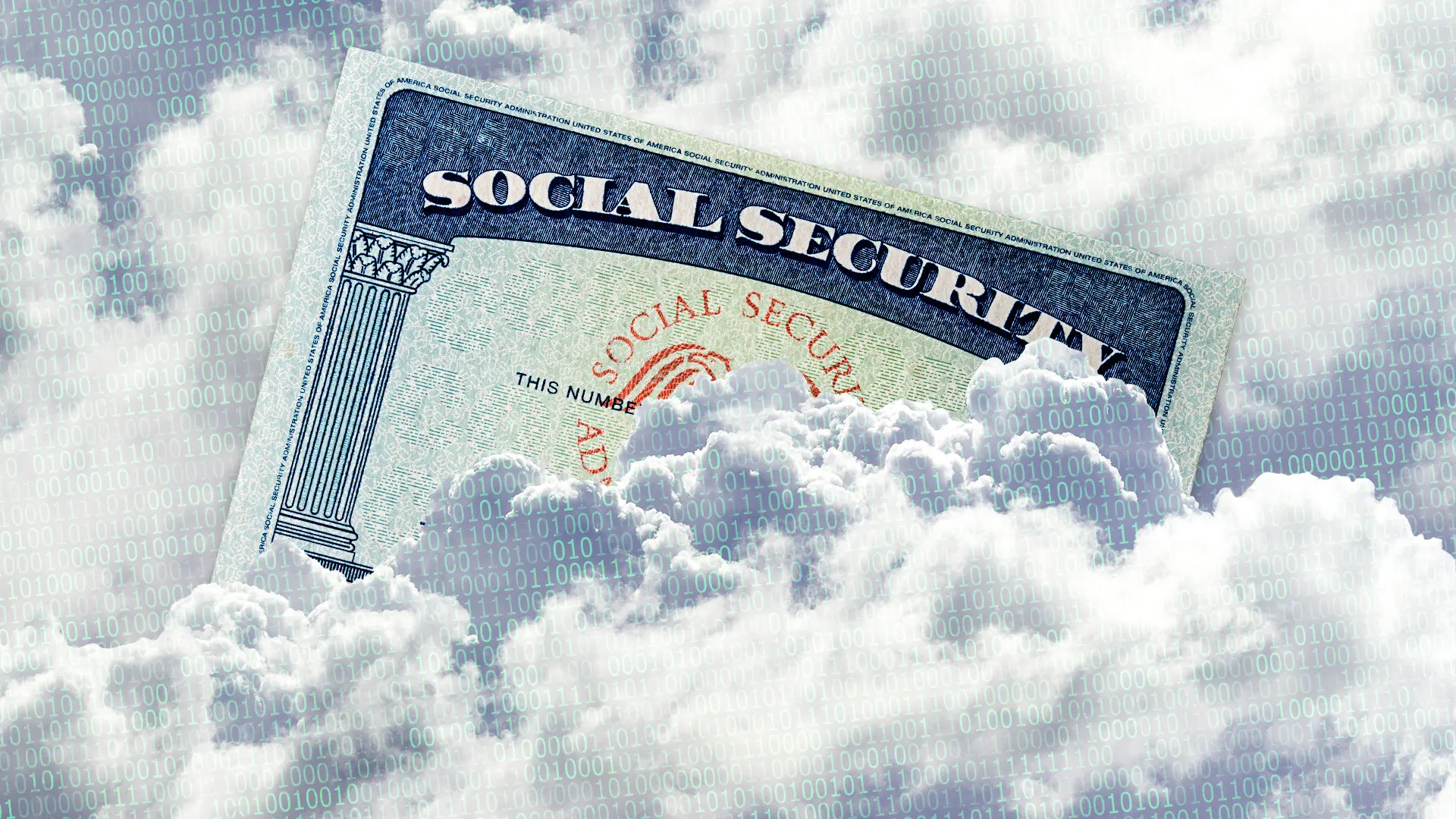
The report, released on Thursday by U.S. Senator Gary Peters (D-MI)—a ranking member of the Homeland Security and Governmental Affairs Committee—found DOGE is “working without any accountability” to agency leadership, Congressional oversight, or the public.
“DOGE isn’t making government more efficient—they are bypassing cybersecurity protections, evading oversight, and putting Americans’ personal data at risk,” Senator Peters said in a statement. “We cannot allow this shadow operation to continue operating unchecked while millions of people face the threat of identity theft, economic disruption, and permanent harm.”
The 44-page “Peters report” is based on staff investigations and information from multiple whistleblowers, including Chuck Borges, former chief data officer at the Social Security Administration, who said DOGE employees at SSA had access to personal data on all Americans—including Social Security numbers—in an insecure cloud environment.
Additionally, the report alleges it’s very likely that foreign adversaries, such as Russia, China, and Iran, are already aware of this new DOGE cloud environment. The report cited an internal SSA risk assessment that determined the likelihood of a data breach with “catastrophic adverse effect” is between 35% and 65%.
The database reportedly includes not just Social Security numbers (SSNs) but also people’s date of birth, city, work permit status, and parents’ names, according to The Verge.
DOGE report conclusions
The report concludes that the loss of Social Security numbers (SSNs) could allegedly trigger widespread identity theft, delay access to benefits, and destabilize core systems Americans rely on.
Peters is calling for Trump administration agencies to immediately halt DOGE operations and access to information systems, given the report’s findings about the catastrophic risk of a serious data breach.
According to the risk assessment, in a worst-case scenario, one whistleblower disclosed the possibility that such a breach could require re-issuing Social Security numbers for every American—a process that would disrupt access to banking, employment, health care, and housing.



